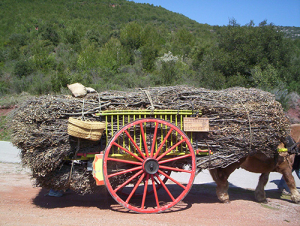IPACIM is an association committed to safeguarding cultural heritage, cultural diversity, sustainable development and cultural rights.
Our projects are based on the principles of UNESCO conventions: The Convention on the Protection of the World Cultural and Natural Heritage (1972), the Convention on the Protection and Promotion of the Diversity of Cultural Expressions (2005) and the Convention for the Safeguarding of Intangible Cultural Heritage (2003).
We work with communities, institutions, experts, associations and any other agent interested in the conservation, study, diffusion and revitalization of cultural heritage, particularly intangible cultural heritage.
Our working guidelines are:

We also carry out specific studies on the different safeguarding aspects.
IPACIM experts organized the Internacional Conference on Intangible Cultural Heritage and Sustainable Development (Barcelona, 2012), carried out a study on the contribution of ICH to sustainable development at the Montseny Biosphere Reserve and took part at the “Expert Meeting on safeguarding of intangible cultural heritage and sustainable development at the national level” organized by UNESCO (Istambul, 2014).
We also offer training and information concerning the means to obtaining the various forms of recognition UNESCO has to offer: the network of creative cities, and the Memory of the World program, among others.

